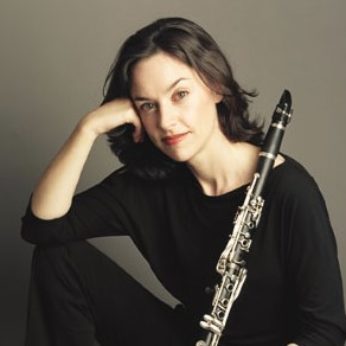Composer: Ludwig van Beethoven (b. 1770 - d. 1827)
Performance date: 02/07/2012
Venue: Bantry Library
Composition Year: 1797-98
Duration: 00:19:47
Recording Engineer: Anton Timoney, RTÉ lyric fm
Instrumentation Category:Small Mixed Ensemble
Instrumentation Other: cl, vc, pf
Artists:
Carol McGonnell -
[clarinet]
Andreas Brantelid -
[cello]
Paavali Jumpannen -
[piano]

Copyright © 2024 West Cork Music. All rights reserved.
Designed and developed by Matrix Internet